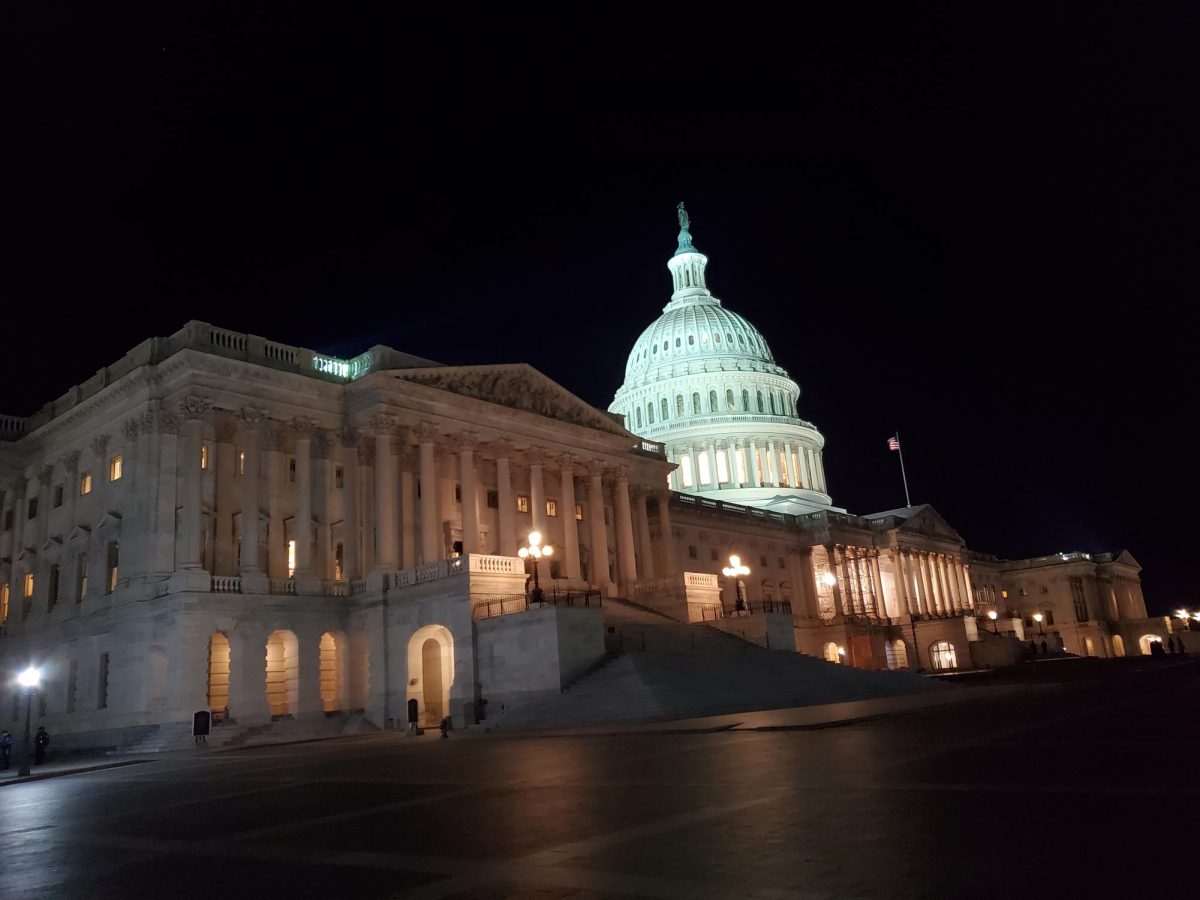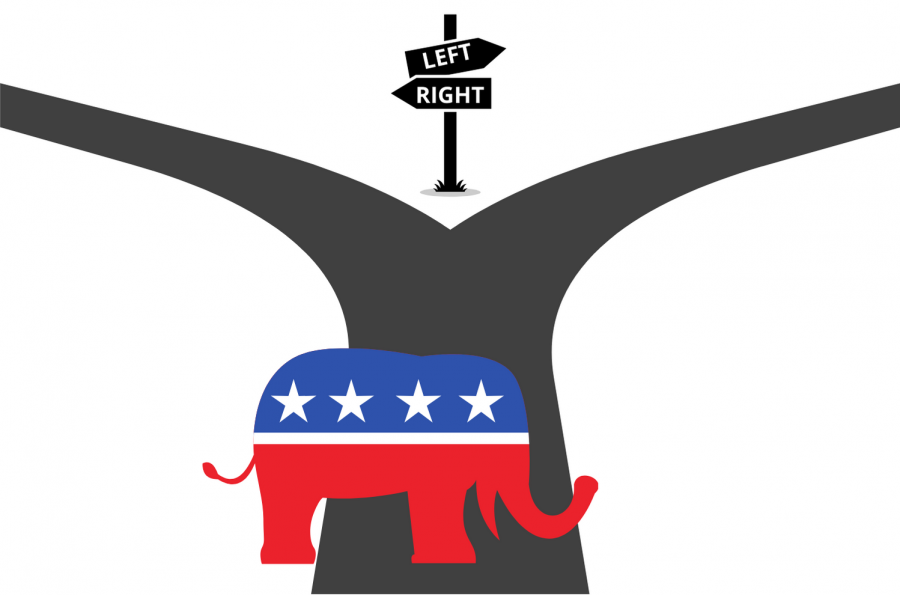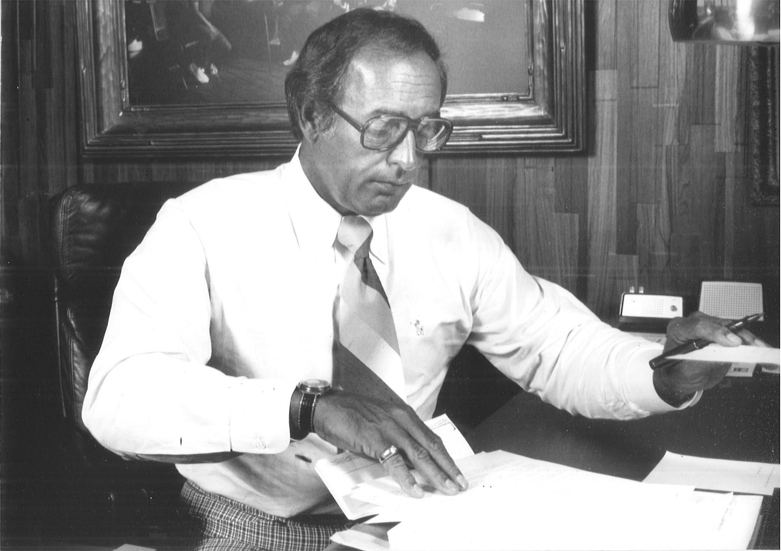The National Cathedral in Washington, D.C., hosted the memorial service for NASA pioneer and first man on the moon Neil Armstrong on Sept. 13. More than 1,500 people including Armstrong’s Apollo 11 crew members Edward “Buzz” Aldrin and Michael Collins, as well as fellow astronaut and former U.S. Sen. John Glenn, were in attendance. About two dozen members of Congress were also there, according to the Associated Press.
The cathedral itself holds a special bond with Armstrong and the other astronauts of Apollo 11 since they presented it with a moon rock in 1974 which is now embedded in one of its stain glass windows. The cathedral’s interim dean, the Rev. Dr. Francis H. Wade, called the ceremony an opportunity to “give thanks for a life well-lived and service nobly rendered.”
Armstrong’s family was also in attendance and were presented with the American flag that flew over Johnson Space Center on the day he died. NASA administrator Charles Bolden presented the flag and said a few words in remembrance of Armstrong.
“Neil will always be remembered for taking humankind’s first small step on a world beyond our own,” he said. “But it was courage, grace, and humility he displayed throughout his life that lifted him above the stars.”
Armstrong’s characteristic humility and disinterest with fame set him apart and earned him the admiration and respect of his fellow colleagues, the nation and the rest of the world. Treasury Secretary John Snow, a friend of Armstrong’s, called him “the most reluctant of heroes.”
Armstrong earned his renown commanding the Apollo 11 space mission and landing on the moon on July 20, 1969, when he was 38. His famous words, “one small step for man; one giant leap for mankind,” will never be forgotten.
“With his uncommon humility and grace, Neil captured the very best of the American character and put it on display for the world to see,” added Snow.
The service included many tributes from former colleagues and representatives of the American public. On discussing Armstrong’s accomplishments, Eugene Cernan, the last man on the moon as the commander of the 1972 Apollo 17 mission, said, “He understood the immensity of what he had done. Yet Neil was always willing to give of himself.”
He later added, “No one could have accepted the responsibility of his remarkable accomplishment with more dignity and more grace than Neil Armstrong. He embodied all that is good and all that is great about America.”
The service also included the Navy hymn “Eternal Father Strong To Save” sung by a white-clad Navy choir, a bagpiper playing “Mist Covered Mountains” and a solo by Grammy-winning jazz artist Diana Krall who sang the Frank Sinatra standard “Fly Me to the Moon.”
A section of a letter that President Obama wrote to the Armstrong family was incorporated into the service as well.
“Future generations will draw inspiration from his spirit of discovery, humble composure, and pioneering leadership, in setting a bold new course for space exploration,” read part of the letter. “The imprint he left on the surface of the moon, and the story of human history, is matched only by the extraordinary mark he left on the hearts of all Americans.”
Armstrong passed away on Aug. 25 at the age of 82 due to complications relating to a cardiovascular procedure he underwent earlier this year. He will be finally laid to rest at sea in a ceremony conducted by the Navy.






